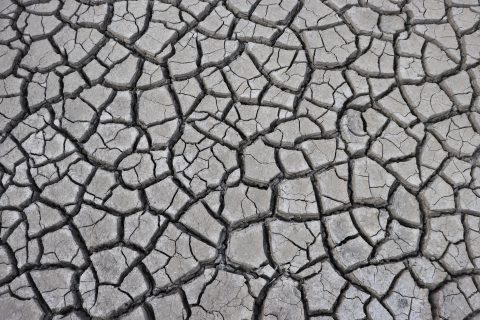Using rainwater for the car wash : where do we stand?

The use of tap water to wash cars is increasingly under discussion in Europe. Washing cars using rainwater is not new in the car wash industry, but more and more companies are looking at the possibilities. We collected some examples from The Netherlands, Belgium and Norway.
Near the Dutch city of Rotterdam, Bergschenhoek Water Technology (BWT), wants to gain experience with the “useful use of rainwater”. Among other things, it will wash its own company cars with it.
“Together with partner AAWS, we are increasingly concerned with large-scale rainwater storage,” says John Rook, director of BWT. “Now that the Netherlands is drying out, there is less groundwater available and the obvious choice is to use rainwater as an alternative water source. For example, washing our company cars. We are now going to gain experience with that.” BWT calculated that partly because of this, about 100,000 liters of clean tap water can be saved on an annual basis.
The rainwater comes from the roofs of some of BWT’s warehouses. The rainwater is treated and stored in a specially designed tank. From this tank, the rainwater is pumped through a treatment system so that the treated rainwater meets standards. “Potentially we can collect about 8 million liters of rainwater per year,” expects Rook. “More than enough to meet our total water needs.”
Belgium
In neighboring Belgium, car wash company Furnawash is already using the same technique on a large scale. “We make great use of rainwater”, says owner Davy Vansteenland, who also uses a water recycling tank. “Our roof has an area of 4,000 m². We collect all rainwater coming from the roof and use it. As a result, we have a buffer of about 320,000 liters of water.”
With climate change becoming more apparent every year, it’s the countries in the southern part of Europe like Spain, Portugal and France that should be most worried about stricter rules on water usage.
Scandinavia
But even in the Scandinavian countries abundant rain- and snowfall during winter is not a certainty anymore. “In Norway it is not (yet) mandatory to use recycled water like it is in some countries”, said Thomas Hovda of Pitlane Bilvask in an earlier interview with Carwashpro.com. “We usually have a lot of clean water from the mountains. But last year was the first time we had a real shortage of fresh water. Because of climate change and the risen electricity prices in Europe, Norway is now draining their water supplies to produce more electric power. So I presume that the price will soon rise and there will be laws in Norway in the future for water treatment.”
Also read:




